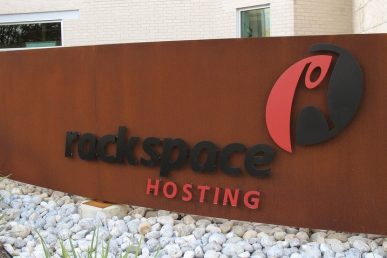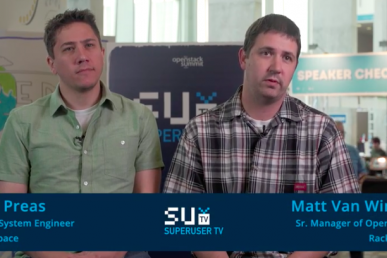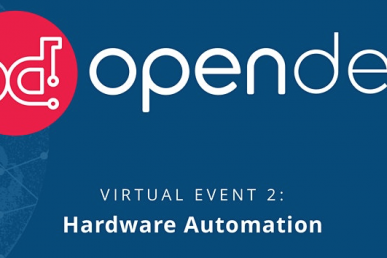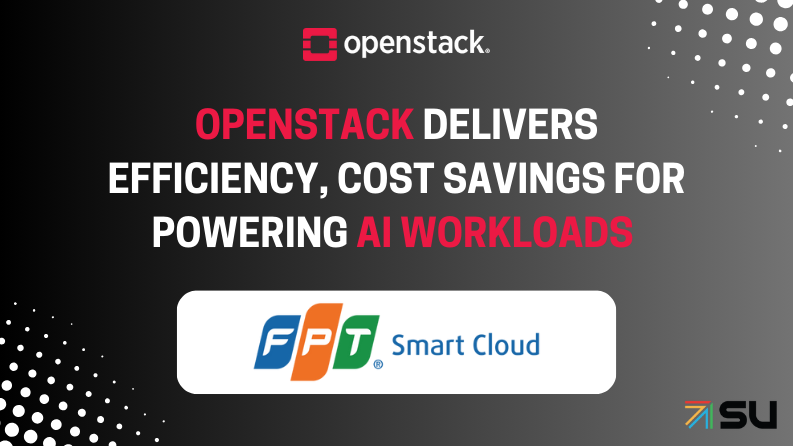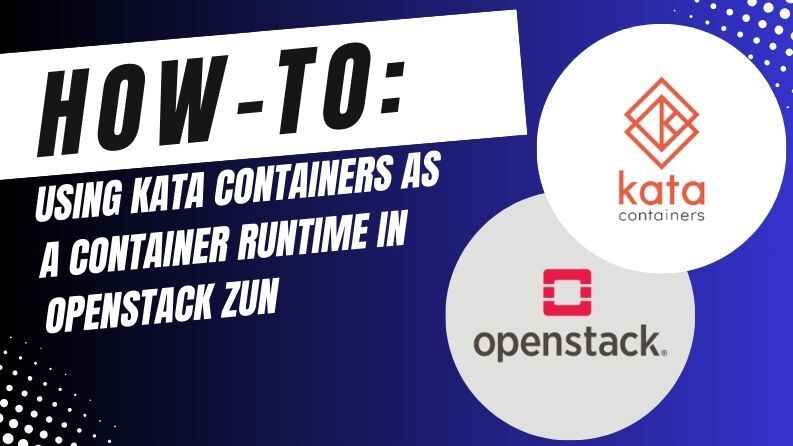Ahead of the Rackspace OpenStack Flex launch last month, OpenDev and Rackspace continued to leverage their long-term collaboration, proving valuable for both teams. Rackspace, an OpenInfra Foundation Platinum Member, offered OpenDev, a collaboratory for open source software development at scale, early access to its new Flex region in San Jose, providing critical cloud infrastructure resources to serve as continuous integration (CI) test environments. This pre-launch partnership not only helped OpenDev expand its testing capacity but also gave Rackspace the opportunity to validate its new cloud platform under real-world workloads—creating a low-risk, high-reward feedback loop.
Better Together: How Open Collaboration Strengthens Open Source Communities & Products
For OpenDev, the collaboration was a clear win. The additional resources allowed the community to run more CI jobs, ultimately accelerating software development and testing processes. Notably, the Flex region’s resources performed exceptionally well: OpenDev provisioned Nova virtual machines with half the CPU count (4 versus 8) compared to other clouds and observed faster performance, especially on highly parallel workloads like Zuul unit tests. These performance gains even exposed new race conditions in software OpenDev tests like Zuul, highlighting previously hidden issues thanks to the increased speed and responsiveness.
For Rackspace, OpenDev’s hands-on CI workloads served as the perfect stress test for the pre-general availability Flex regions, surfacing several gaps that might not have been uncovered until real customers hit production scale.
Three key findings the Rackspace team found especially valuable:
| Key Gap Exposed by OpenDev | How It Showed Up in Testing | What Rackspace Changed |
|---|---|---|
| Cinder multipathing & volume behaviour | OpenDev’s mirror nodes and encrypted-volume test suites revealed inconsistent path fail-over and edge-case timeouts under heavy I/O. | We re-worked the cinder-volume config to enable proper multipathd defaults, tightened up our storage backend driver settings, and added regression tests based on OpenDev’s feedback. |
| Keystone project-ID consistency | Automation failed when OpenDev’s jobs crossed regions because the service_catalog exposed slightly different project_id values in each Keystone. | We normalised the ID scheme across regions and upstreamed the fix to our custom Keystone driver, giving all tenants a predictable catalog structure and cleaner auth flows. |
| Network readiness | Issues found when running containerization workloads which required sub-optimal changes on the user’s side. | Networking MTU fixes were implemented, and we accelerated our roadmap for full dual-stack support, in all new Flex regions. |
Beyond the technical fixes, the biggest benefit was speed: OpenDev supplied Rackspace with reproducible test cases and quick feedback loops, allowing Rackspace engineers to patch, roll out, and re-validate changes in days rather than weeks. That partnership mindset turned potential day-one incidents into launch-day strengths and set the tone for ongoing co-development as Rackspace continues to expand its Cloud offering worldwide.
After the initial collaboration, the relationship between OpenDev and Rackspace continued to be active and productive. OpenDev expanded into a second Rackspace OpenStack Flex region, Dallas, effectively doubling its capacity. Working together, the two teams have ensured that the new region is consistent with the first. OpenDev has proven you can move between regions with minimal change to your deployment tooling. Other users should enjoy a seamless experience as they manage workloads between different Rackspace Flex regions.
Looking forward, OpenDev plans to deepen its use of Rackspace OpenStack Flex. This includes increasing quotas, expanding into additional regions, and using Swift in Flex regions for log storage. Long-term, OpenDev aims to phase out the legacy Rackspace Classic resources, enabling broader use of newer technologies like nested virtualization and supporting modern operating systems like CentOS Stream 10 and Rocky Linux 10. OpenDev is also considering hosting critical control plane services within Flex regions once IPv6 support is available, a testament to the growing confidence in Rackspace’s new cloud platform.
Lessons from the OpenDev and Rackspace OpenStack Flex Collaboration
One important lesson from this collaboration that OpenDev hopes other OpenStack cloud providers will learn is the value of using the community version of OpenStack. The more standard the OpenStack deployment, the easier it is for OpenDev—and by extension, other users—to onboard quickly. Once initial authentication hurdles were overcome, OpenDev’s existing automation and workflows functioned seamlessly without needing cloud-specific adaptations. This simplicity benefits all users by lowering the barrier to entry and making OpenStack ecosystems more accessible.
OpenDev’s role in testing OpenStack clouds is not just for its own benefit—it creates a critical feedback loop for the entire OpenStack community. Real-world bugs affecting CI processes can quickly be traced back to issues in OpenStack services like Nova or Cinder, providing invaluable data to upstream developers. In effect, OpenDev helps to dogfood OpenStack itself, providing both stress testing and early warnings that improve the software for everyone. OpenDev offers visibility into cloud health through externally hosted Grafana dashboards, acting as an independent system status monitor. The team also brings deep expertise to the table, capable of connecting cloud operators directly with developers familiar with the internals of the software in question.
OpenDev operates with high flexibility regarding its CI workloads. Unlike persistent control plane services, CI workloads can be disabled or shifted between regions to accommodate maintenance windows or unexpected infrastructure load. This reduces operational risk for cloud providers while ensuring that critical feedback and testing continue uninterrupted.
Expanding Launch Preparation into Day-to-Day Collaboration
The collaboration around the Rackspace OpenStack Flex launch demonstrates the powerful results that can be achieved when infrastructure providers and open-source communities work hand in hand. OpenDev gained much-needed, high-performing capacity to test open infrastructure software, and Rackspace launched a more robust, production-ready cloud backed by real-world validation. As OpenDev continues to expand its footprint in Flex, this partnership offers a strong model for how cloud providers and open-source ecosystems can strengthen one another.
- Meet the 2025 Superuser Awards Nominees - September 16, 2025
- 2025 Superuser Awards Nominee: ECMWF - September 16, 2025
- 2025 Superuser Awards Nominee: CIR team at Télécom Paris - September 16, 2025

)




